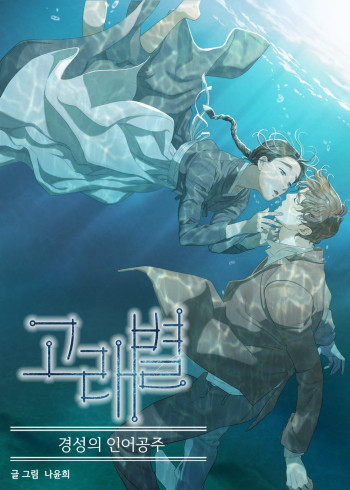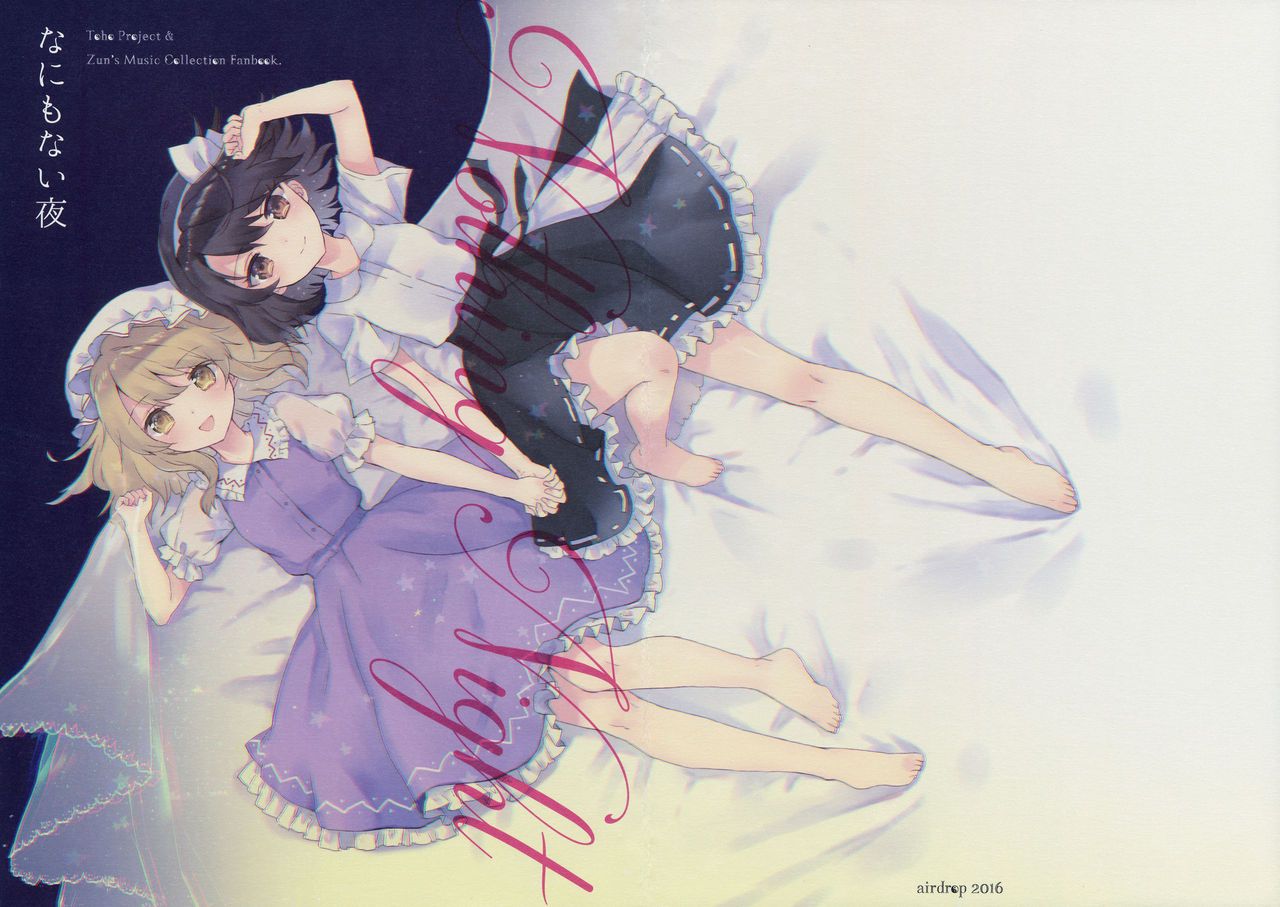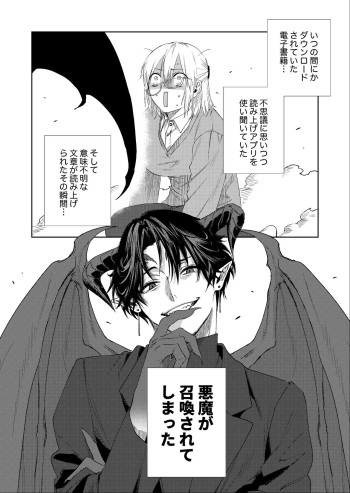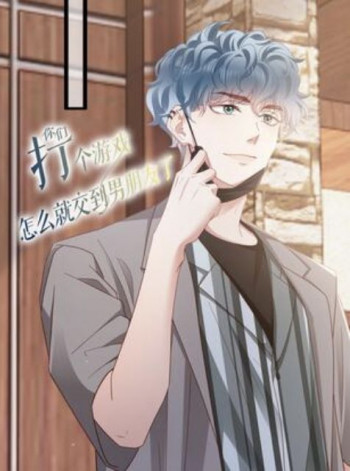Eden Finley’s Final Play (Fake Boyfriend 6) is a delightful exploration of friendship, love, and the inevitable transitions that come with adulthood. Set against the stunning backdrop of Fiji, this novel serves as both a celebration of life’s fleeting moments and a poignant reminder of the responsibilities that loom on the horizon. With a blend of humor, heartfelt confessions, and a touch of drama, Finley crafts a narrative that resonates deeply with readers navigating similar life stages.
The premise of the story revolves around Noah, who rallies his friends for a much-needed vacation before they all succumb to the weight of adult responsibilities—marriage, children, and demanding careers. This concept of a “last hurrah” is not only relatable but also serves as a universal theme that many readers can connect with. The idea of taking a break from reality to enjoy life’s pleasures is something that resonates with anyone who has felt the pressures of impending adulthood.
As the characters embark on their journey to a private island, Finley masterfully develops each individual’s backstory, allowing readers to understand their motivations and fears. Noah, the instigator of this trip, is portrayed as the glue that holds the group together. His desire to create lasting memories before life changes irrevocably is both endearing and relatable. The author does an excellent job of showcasing his internal struggles as he grapples with the idea of change and the fear of losing his friends to their new lives.
Alongside Noah, we meet a diverse cast of characters, each with their own unique challenges. The dynamics within the group are rich and complex, providing ample opportunity for character development. For instance, the tension between two friends who have unresolved feelings for each other adds a layer of intrigue to the narrative. Their journey toward understanding and acceptance is beautifully woven into the fabric of the story, highlighting the theme of love in its various forms—romantic, platonic, and familial.
One of the standout elements of Final Play is its exploration of the concept of change. Finley captures the bittersweet nature of growing up, where the excitement of new beginnings is often accompanied by the sorrow of leaving behind cherished moments. The characters’ reflections on their past and their hopes for the future create a poignant atmosphere that lingers long after the last page is turned. This theme is particularly relevant in today’s fast-paced world, where the transition from carefree youth to responsible adulthood can feel overwhelming.
The setting of Fiji plays a crucial role in the narrative, serving as a character in its own right. Finley’s vivid descriptions of the island’s beauty—the azure waters, lush landscapes, and serene beaches—transport readers to a paradise where worries seem to fade away. This idyllic backdrop contrasts sharply with the characters’ internal struggles, emphasizing the tension between their desire for freedom and the realities they must face. The vacation becomes a metaphor for the fleeting nature of youth, reminding readers to cherish the moments that matter.
Moreover, Finley’s writing style is engaging and accessible, making it easy for readers to immerse themselves in the story. The dialogue is sharp and witty, often laced with humor that lightens the heavier themes. This balance between levity and depth is a testament to Finley’s skill as a storyteller. The pacing of the novel is well-structured, with each chapter revealing new layers of the characters’ relationships and personal growth.
In terms of character arcs, Finley excels in showcasing the evolution of friendships under the strain of change. The characters learn to communicate openly, confront their fears, and ultimately support one another in their journeys. This emphasis on the importance of friendship is a refreshing aspect of the narrative, reminding readers that while life may lead them down different paths, the bonds forged during shared experiences can withstand the test of time.
As the story unfolds, readers are treated to a series of unexpected twists—disastrous marriage proposals, grand gestures, and life-changing confessions—that keep the narrative engaging and dynamic. These moments of drama serve to highlight the characters’ growth and the realization that love, in all its forms, is worth fighting for. Finley’s ability to weave humor into these poignant moments adds depth to the story, making it both entertaining and thought-provoking.
In comparison to other contemporary romance novels, Final Play stands out for its focus on friendship and the complexities of adult relationships. While many authors explore romantic love, Finley’s emphasis on platonic bonds and the impact of life changes offers a refreshing perspective. Readers who enjoyed works by authors like Christina Lauren or Talia Hibbert will likely find themselves captivated by Finley’s engaging storytelling and relatable characters.
In conclusion, Eden Finley’s Final Play (Fake Boyfriend 6) is a heartfelt and humorous exploration of friendship, love, and the inevitable changes that come with growing up. With its vivid setting, well-developed characters, and relatable themes, this novel is sure to resonate with readers navigating similar life transitions. Finley’s ability to balance humor with poignant moments creates a narrative that is both entertaining and meaningful, making it a must-read for anyone seeking a story that captures the essence of life’s fleeting moments.
























Reviews 0
Post a Reviews: